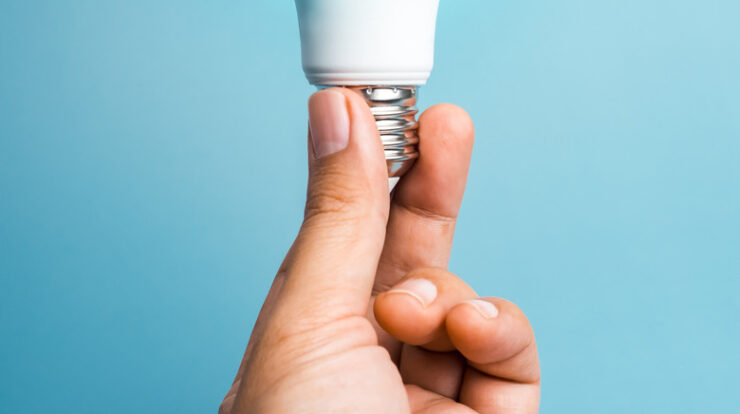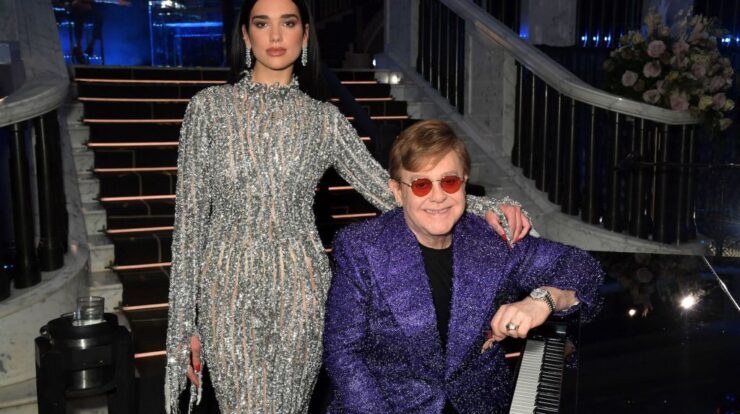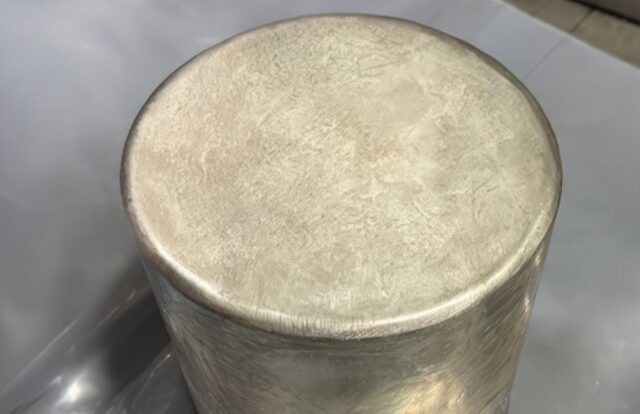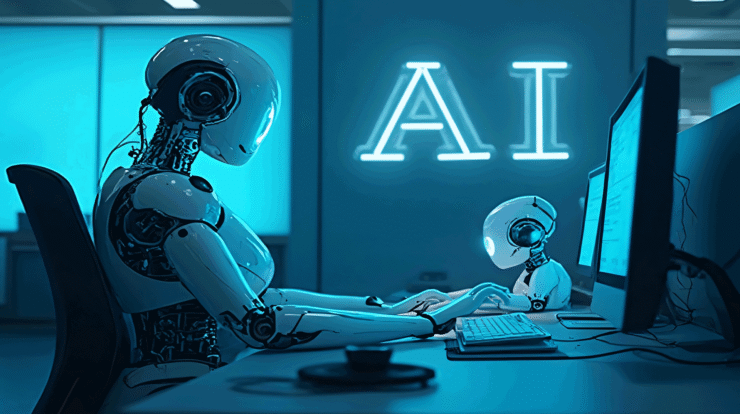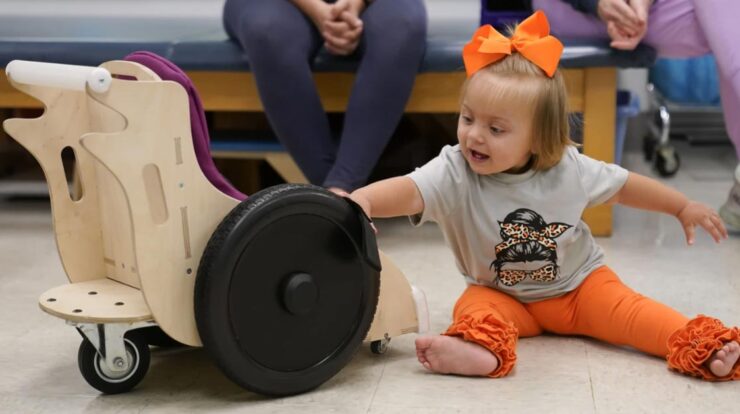
A typical pediatric wheelchair may come with a price tag in the thousands of dollars. Furthermore, as children develop and require different features or if the chair sustains damage, these expenses tend to increase significantly.
So, the team at
MakeGood NOLA
, an adaptive design laboratory based in New Orleans, has created something capable of transforming life fordisabled children around the world.
“Noam Platt, the founder and president of MakeGood, announced the launch of the world’s first entirely 3D-printed wheelchair,” he began.
a recently shared social media clip
.
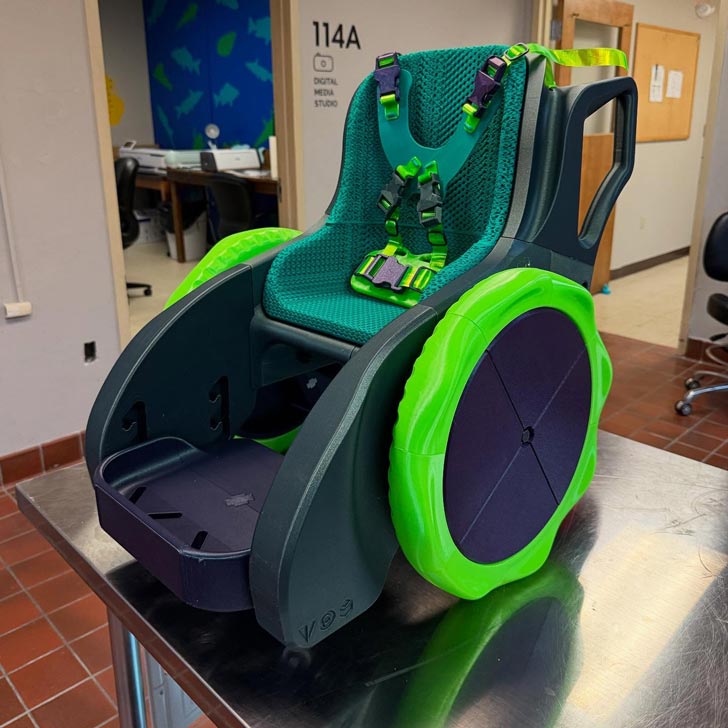
He rolls into view a petite, nearly toy-sized lime-green wheelchair, adorned with a coordinating harness, designed for kids aged between 2 to 8 years old.
“From the frame to the wheels, including the tires, seat, and even the straps, everything was 3D printed using a standard Bambu Labs A1 printer,” Platt added.
This means the design is fully compatible with a regular 3D printer anyone can have in their home.
We created this system to be modular and simple to assemble,” Platt went on. “In reality, anybody with access to a 3D printer and some filament can download the necessary files and print it.
After the prototype is fully completed, it will be accessible as a freely usable download for everyone.
Platt mentioned that thanks to its modular structure, the wheelchair can be assembled effortlessly without requiring any tools or adhesive. Furthermore, should any component become broken or impaired, individuals can easily reprint just the necessary individual part.
As someone who uses a wheelchair, I adore every aspect of this.
TikTok user @thisisharlie commented
on Platt’s video debuting the wheelchair.
“Mine costs more than my car, I can’t imagine having to buy a new one every year or two as they outgrow it,” @thisisharlie continued. “You’re going to change the world.”
For Platt, that’s always been the plan.
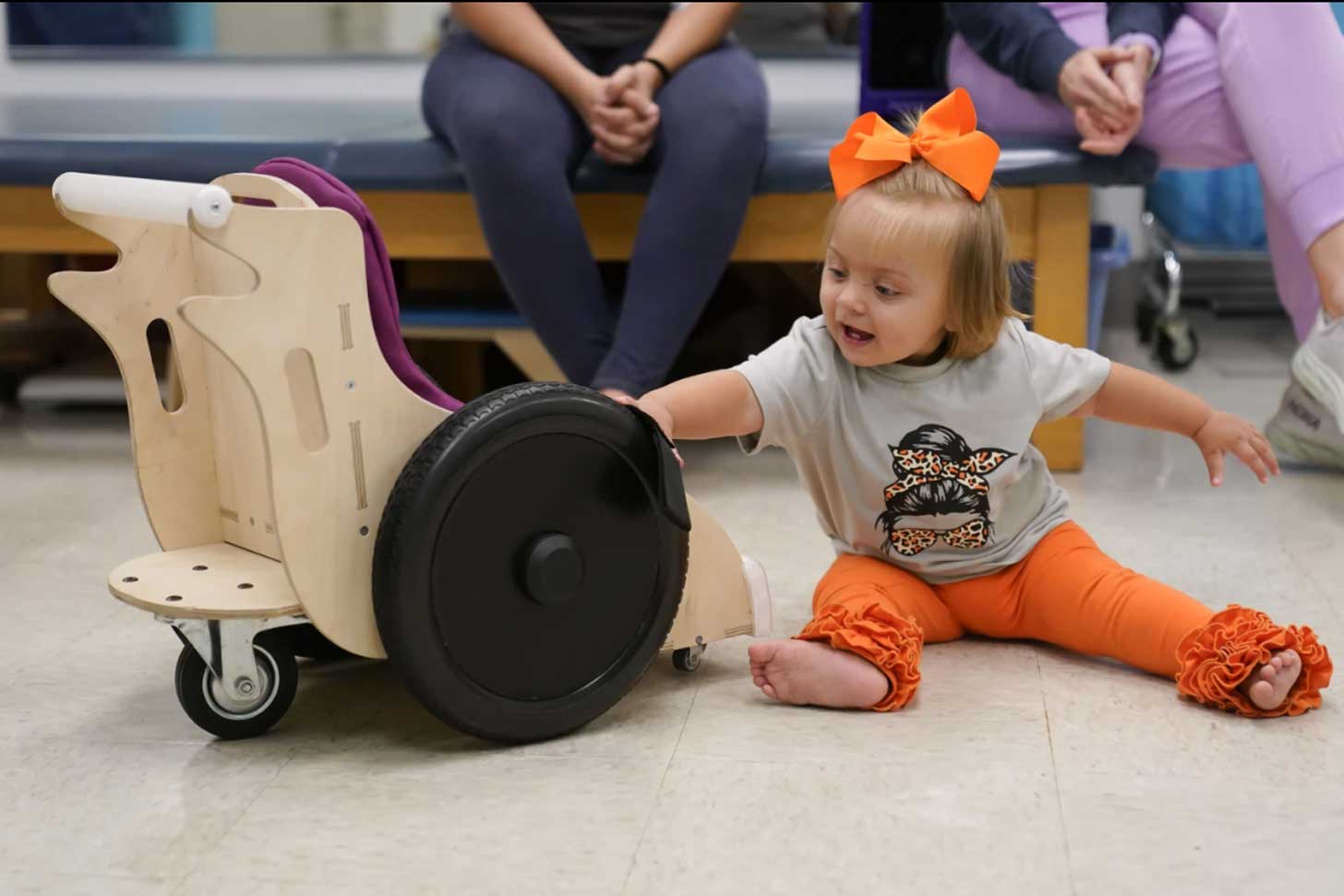
When he created MakeGood in 2021, the nonprofit design lab was thinking of the more than 1 billion people around the globe who live with disabilities.
“Since traditional design often overlooks diverse bodies and minds, it is crucial to reshape the built environment,” MakeGood shares
on its website
. “The challenges our communities face — both physical and social — are solvable.”
MakeGood works with individuals to co-create their adaptive design solutions, centering the “Need Knower,” the disabled person or their primary caregivers, throughout the entire process.
Since the founding of MakeGood, 1,600 individualized adaptive devices have been delivered to families for free. Platt’s team found a niche with this wheelchair, which they call the Toddler Mobility Trainer, or TMT.
On its website, the organization says the wheelchairs were “designed with therapists from all over the world” and offer “unmatched mobility and independence to young kids.”
Children and parents agree.
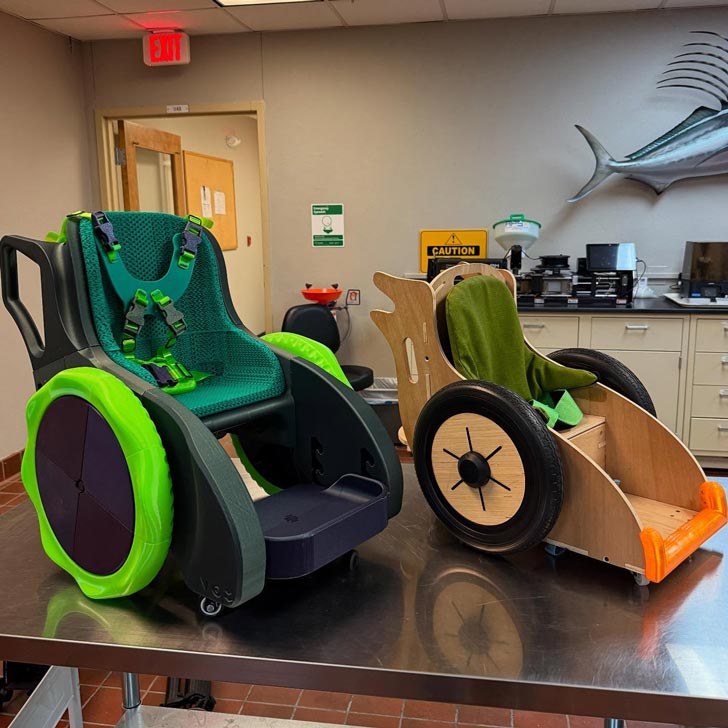
“It’s an A+,” commented one parent regarding an early version of the TMT according to a report.
CBS News
It has assisted my son in becoming more mobile and enabled him to adjust to new opportunities coming his way. It has also promoted his growth.
Initially, at the beginning of the design process, Platt contacted local hospitals to inquire if there was an unmet need he could address.
Part of this involves giving clinicians the power to do more than what is offered commercially,” Platt explained to CBS News. “We have the ability to essentially create nearly anything.
Now in the final stages of tweaking the TMT design to be ready for release, Platt is eager to get the wheelchair rolled out and into the homes of the children who need them most.
“We believe that this type of 3D printing and design will have a significant impact on accessibility, particularly for wheelchairs,” Platt stated in his social media video.
In the meantime, people can
request a free chair
from MakeGood.
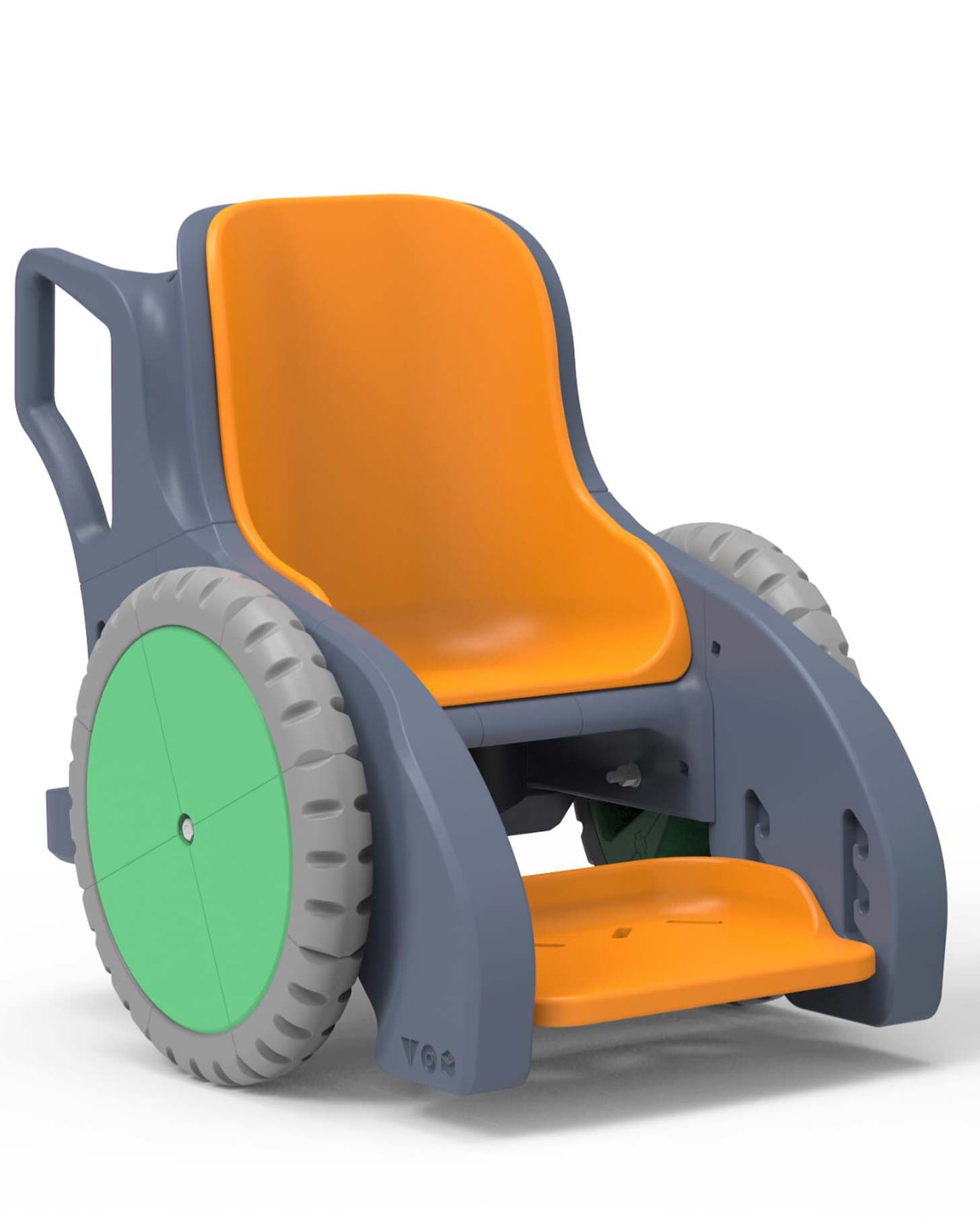
“We have a growing list of people who’ve requested these, and once we finish the design, we’ll start filling those requests with custom-printed chairs, including things that you might need for your particular chair,” Platt said in
a follow-up video
.
Because the chairs are easily 3D printed, they can come in any color and can be modified to include other accommodations, like a section to hold a breathing device or other aid. With years of customization and design experience under his belt, this new innovation is simply an extension of Platt’s dedication to inclusive design.
In 2023, Platt told
New Mobility
: “I feel like every time I deliver one of these [assistive] devices, I get a hopeful feeling that the world has been changed a little bit for the better for the next generation.”
Header image courtesy of MakeGood NOLA
—
This piece was initially published by
Good Good Good
Good Good Good revels in positive developments and offers methods for making an impact.
Subscribe to the Goodnewsletter
To receive the planet’s finest positive news directly in your mailbox.

